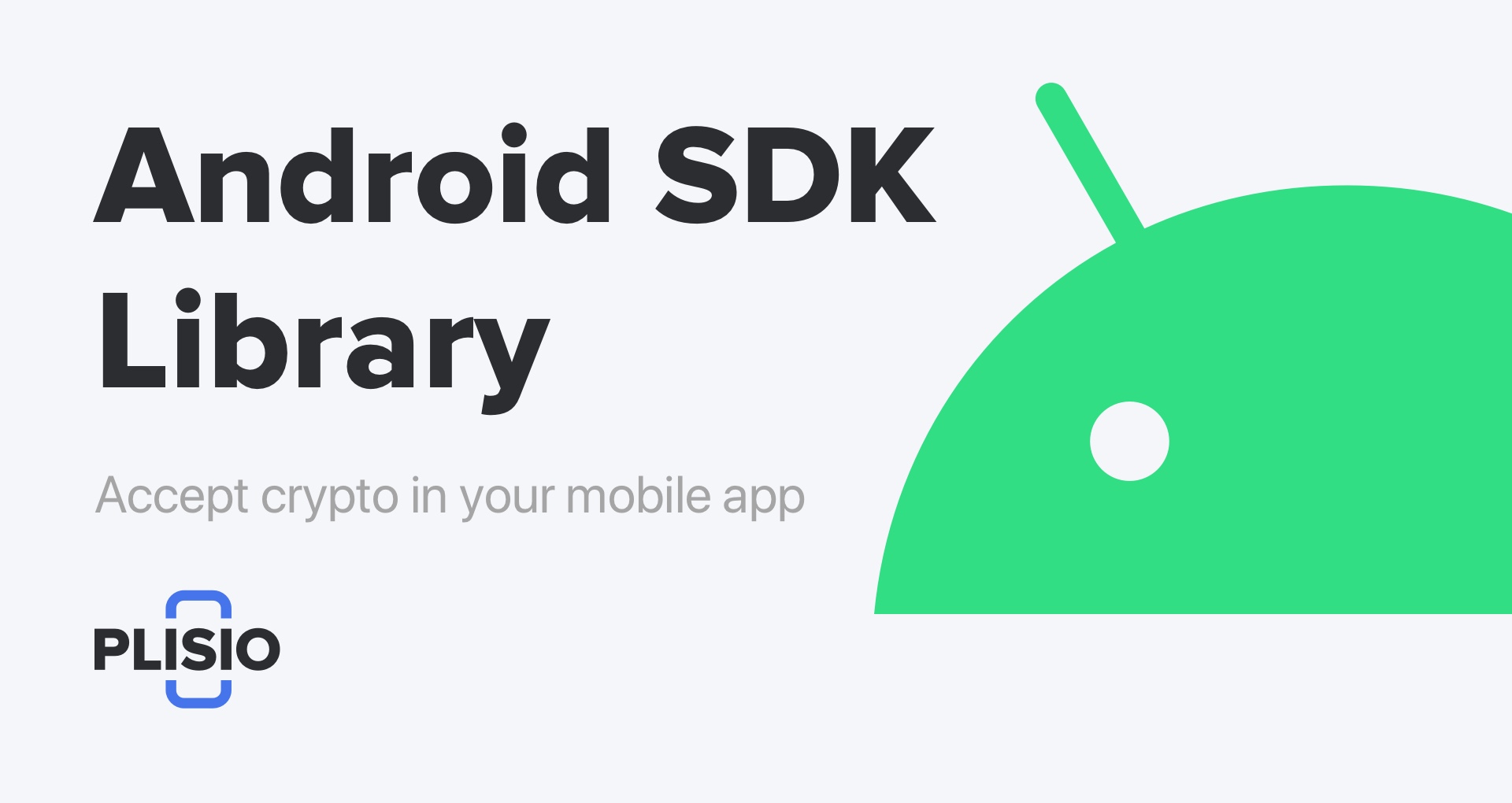How to integrate cryptocurrency payments on android app?

Back in 2010, if you had the desire to use your Bitcoin to order a pizza, the process was quite intricate. As cryptocurrencies weren't yet accepted by businesses, you'd have to take an elaborate route. Essentially, you had to locate an individual who was willing to purchase the pizza for you with cash, and then send the equivalent amount of BTC to your digital wallet in exchange.
This scenario actually unfolded with Laszlo Hanyecz, an early bitcoin miner, who famously paid a staggering 10,000 BTC for a pair of large pizzas. These pizzas were delivered to him by a fellow member of the bitcointalk.org community. We're all well aware of the subsequent outcomes for both Hanyecz and Bitcoin itself. However, in those initial stages, this peculiar method served as a litmus test to determine the feasibility of acquiring tangible items with the enigmatic currency of the internet.
Fast-forward to the present day, and our progress has been remarkable. A multitude of solutions have emerged, facilitating the integration of cryptocurrencies into businesses and enabling them to accept cryptocurrency payments.
If you're aspiring to be part of this innovative wave and wish to incorporate cryptocurrency payments into your application, e-commerce venture, or any other creative concept, you might wonder about the process.
Let's delve into what it entails.
Why should your app accept cryptocurrency as payment?
For app developers who find themselves pondering the potential benefits of integrating cryptocurrency acceptance, the affirmative answer is clear.
The realm of app development is undeniably one that demands attention. According to data from Sensor Tower Store Intelligence, the initial half of 2019 saw a noteworthy uptick of 15.4% in expenditures dedicated to mobile apps and games, as compared to the preceding year. The report highlights a cumulative outlay of $39.7 billion directed towards mobile apps and games during this period.
Within this flourishing ecosystem, additional avenues for augmenting revenue through in-app transactions have emerged. Cryptocurrency, the digital asset instrumental in facilitating exchanges, offers an alternative avenue for businesses to accommodate customer payments—a prospect that holds several advantages.
For app developers, considering these five compelling reasons for embracing cryptocurrency payments within your applications is worthwhile:
- It's global - Functioning as a global currency, it will extend your outreach and spare you from costly charges related to overseas transactions or currency conversion rates.
- It's cheaper - Cryptocurrencies operate in a decentralized manner, negating the need for a bank to validate each transaction. This translates to a cost reduction of approximately for 5% on every transaction.
- Payments are processed faster - Rather than waiting for funds to clear in your bank account, you'll find it gratifying to learn that cryptocurrency transactions happen instantly, resulting in the appearance of funds in your wallet within just a few minutes.
- It's safer - Since cryptocurrency transactions are facilitated through blockchain technology, both parties are required to authorize each transaction, effectively reducing the potential for disputes and chargebacks.
- It's draws in fresh users every day - An increasing number of enterprises are beginning to embrace cryptocurrency as a means of payment. This trend is evident across various sectors, including the realm of android app development.
How to accept crypto payments?
Allow us to provide you with an insight into how you can achieve this by first outlining the available options.
Integrations with External Providers Off-Chain – Custodial Approach
This presents an off-the-shelf solution for incorporating crypto payments into platforms like OpenCart, WooCommerce, or any other platform utilized for online sales. From a development standpoint, this process often mirrors integrating with standard payment providers such as Stripe. It entails integrating yet another external tool into your application or e-commerce venture.
External third-party integrations shoulder the majority of the complexities related to enabling crypto payments. However, this convenience is accompanied by additional transaction fees. The positive aspect is that these fees typically remain more economical than the standard 3% fee applied to credit card transactions.
Off-Chain Payment via APIs – Custodial & Non-Custodial Possibilities
Another viable avenue is off-chain payment using crypto APIs, offering a heightened degree of flexibility and the potential for limitless customizations. Many public blockchains offer open-source API endpoints that facilitate transactions via code. While some of these APIs are free of charge, others come with associated costs, possibly for enhanced performance, increased daily request limits, SLAs, and support. APIs enable you to initiate off-chain transactions and execute subsequent actions (such as completing a sale) based on the API's response (e.g., confirming a sale after receiving the transaction in your wallet).
On-Chain Transactions – Non-Custodial Method
When crafting solutions involving crypto payments, you can opt to create a fully decentralized checkout process. This entails narrowing down to a single blockchain type and developing the entire application around that particular chain, making necessary adjustments and accommodations.
While this approach might be impractical for e-commerce platforms and applications not exclusively catering to crypto enthusiasts due to extended development timelines and increased complexity for end-users, it stands as a natural choice for many NFT marketplaces and projects based on Web3 principles.
What is involved in enabling the acceptance of cryptocurrency payments within OpenCart, WooCommerce, or an Android app?
Numerous options are available with regard to third-party solutions. While they are particularly well-suited for e-commerce proprietors, they can also be adapted for various other scenarios. The integration process offered by Plisio is notably uncomplicated due to its comprehensive documentation and accompanying support services.
For those with less technical expertise, it's important to understand that some degree of customization is necessary, and the plugin must seamlessly interact with the rest of your application or website. Nonetheless, this customization isn't overly complex for developers at an intermediate skill level, nor should it incur substantial costs.
However, a potential drawback lies in the fact that you may often have to contend with the branding of the service provider, which could limit your scope for personalization. The payment procedure is frequently as straightforward as the buyer scanning a QR code using a wallet app, subsequently leading to the transfer of digital assets to the merchant's account.
Presented below is an array of pre-built solutions by Plisio. These solutions empower you to swiftly commence the integration of cryptocurrency payments into your e-commerce website shortly after completing the registration process and installing the plugin.
API integrations for crypto payments
Incorporating cryptocurrency payments via a specialized API demands a deeper level of technical proficiency and a comprehensive grasp of certain blockchain intricacies. Plisio offers API integrations that facilitate the establishment of invoicing procedures.
One notable advantage of utilizing White Label APIs is the enhanced command over the user experience. This capability permits direct integration within the app's interface, ensuring an uninterrupted workflow and potentially resulting in elevated conversion rates. Furthermore, this control over the platform's aesthetics fosters a more coherent brand identity.
Yet, the most significant aspect is the boundless customization potential inherent to API integrations. They can seamlessly meld into larger systems guided by specific protocols. This adaptability proves particularly advantageous for applications like trading games and contests featuring cryptocurrency rewards. This approach is especially fitting for non-e-commerce apps, particularly web-based ones that don't necessitate adherence to Google's payment guidelines. APIs even enable the signing of blockchain transactions, simplifying the overall application structure and centralizing most operations, with only the settlement aspect being executed on-chain.

